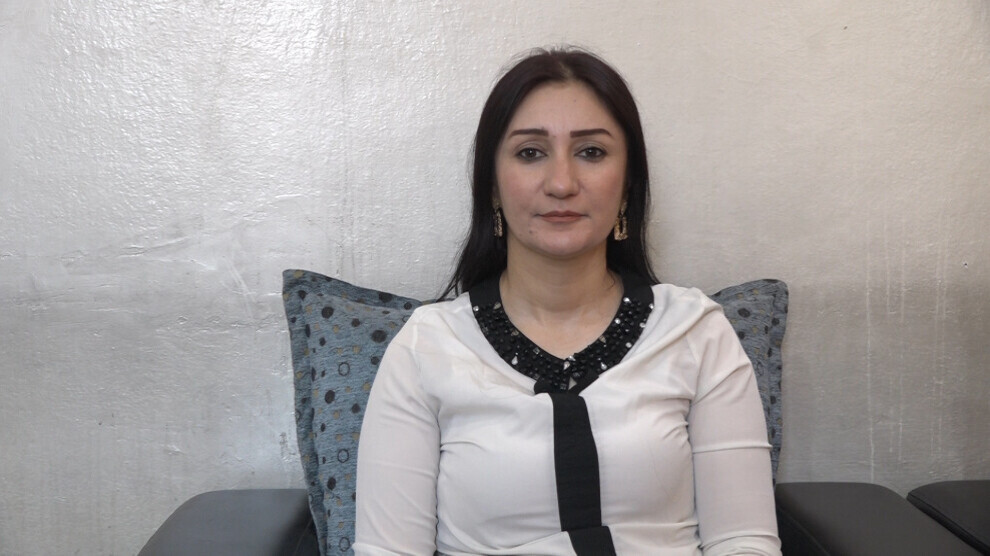‘Halabja Center’ for Children by Qamishli Municipality
Ariya Osman, Co-Chair of the Qamishli Municipality Child Protection Office, explained the work carried out by the Halabja Center for children and called for the protection of children.

NEXEM ÇAÇAN
Qamishli – Qamishli Municipality has opened the “Halabja Center” in the Xizna Village of Qamishli to support children who have lost their parents and are begging on the streets. The center aims to provide a safe environment for children, protect their rights, and support their development through educational and psychological activities.
Children Have Become Vulnerable Due to the War
Ariya Osman, Co-Chair of the Qamishli Municipality Child Protection Office Halabja Center, informed our agency about the center’s projects, activities, and work.
Noting that many children have become orphaned due to war and displacement, and are working in landfills or begging on the streets, Ariya Osman explained that the center was established out of a serious need.
Ariya Osman said, “Due to the situation in Syria in recent years, there has been much war and displacement. Many children became orphans, went to landfills, and begged on the streets. To prevent these children from being exposed to mental, sexual, and physical violence and to protect their rights in society, the Women’s Coordination of Qamishli Municipality opened a center called ‘Halabja’ in 2022 to protect children. The reason children go to landfills and beg is the deteriorating economic condition of their families. We contacted their families and tried to find solutions for both the children and the families.”
“Some Families Force Their Children to Beg”
Ariya Osman stated that they try to find jobs for the families and mentioned that there are many orphaned children at the center. She added: “As a municipality, we had to take care of these children. For children who are forced to beg, we first obtain a commitment from their families. Some families force their children to beg. Security teams patrol between cities, and when they see these children a second time, they take them to our temporary center in the Um Fursan neighborhood and fine the families. If it happens a third time, we send the children to the center, where they receive three months of education before returning to their families. If it happens a fourth time, the children receive six months of education.”
“Taking Care of Children on the Streets is Our Duty”
Ariya Osman noted that they initially faced obstacles with families, stating: “Many families reacted by saying, ‘Do not take our children from us.’ We warned the families, but we still saw these children working as trash collectors on the streets. We provide the initial education to ensure these children do not return to begging and collecting trash. We provide them with everything in terms of services. Families who come to the office request permission to visit their children and see positive changes in them. We are doing our best to put an end to this situation.”
“Children Receive Education in Their Mother Tongue”
Ariya Osman emphasized that each child at the center receives education in their own language: “The center is connected with the Education Council. There is a teacher at the center who welcomes the children, expresses happiness, and provides personal hygiene training. We built a garden for the children and teach them handicrafts. Each child learns reading and writing in their own language, and we also offer music and art classes. They play games, watch TV, the teacher reads them stories, and sometimes we take the children to activities outside the center. After completing three months of education, when they leave, we see many differences in their personalities.”
“We Do Not Want to Separate Children from Their Families or Society”
Ariya Osman stated that the center accepts children aged 5 to 18 and concluded: “We organize workshops where children can exhibit their handicrafts and works, and we invite their friends. Those who want to help the children should contact the municipal authorities. Children who are subjected to violence by their families or have family problems are taken in until their issues are resolved. We do not want to separate children from their families and society. As the Qamishli Municipality Child Protection Office, we ask parents to take care of their children and protect their rights in society so that children can maintain bonds with their families and do not end up on the streets.”
